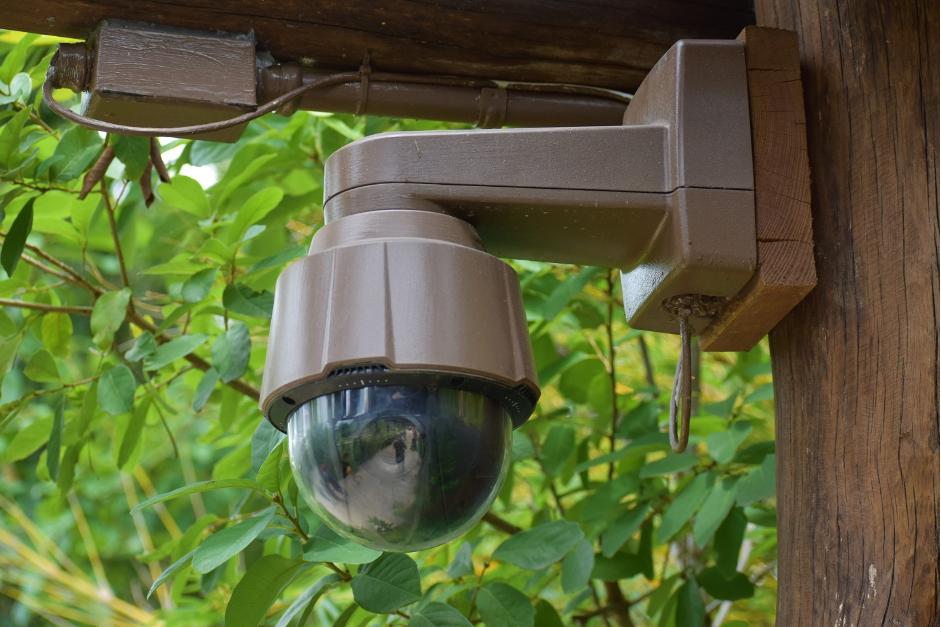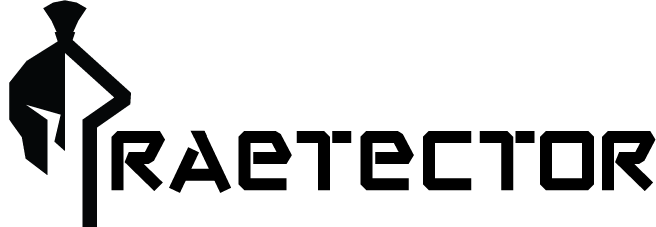CCTV cameras are supposed to protect you against crime, but can it make you vulnerable to an even more serious crime? The short answer is yes. Technically, anything connected to the internet can be hacked, and a CCTV camera is no exception.

There are precedents here in the U.S. when the security systems of wireless CCTV cameras were breached by cybercriminals. What is more frightening is that you cannot tell whether a security camera has been hacked. For an untrained person, it is almost impossible to detect a sophisticated hacking attempt. Thus, if it is hacked, you have little to do unless something bad happens. Thus, your best option is to take adequate precautions to keep your security camera safe. Following are some of the measures you should take to avoid an unfortunate incident.
Get a CCTV camera from a reputed manufacturer
Your first line of defense against any attempt at hacking is end-to-end encryption. Make sure you purchase your security camera from a reputable brand that offers encrypted service. The manufacturer should implement robust security features to keep your camera feeds safe on their system. Before buying the camera, you may want to talk to the manufacturing company to know more about its security features.
Use stronger passwords
Security camera hacking is often not a result of the weaker security protocol of the manufacturing company. It happens due to negligence at the end of the user. Never use the default password, and update your password regularly to keep your video footage safe. Also, use stronger passwords that are difficult to crack. Use a mix of upper-case and lower-case letters, numbers, and symbols to generate a strong password.
Activate two-factor authentication
All home security cameras do not come with this feature. If your CCTV camera offers this feature, make use of it. Two-factor authentication requires you to confirm your identity before accessing the data stored. It can involve a secondary device or an additional piece of information. The two-factor authentication offers an additional layer of security. So, even if someone manages to crack your password, they won’t be able to access your feed.
Update the firmware of your camera
Firmware is your security camera’s software. Developers regularly release updates for their software to fix bugs and upgrade security. Hackers come up with newer and more sophisticated technology every day. Developers assess those threats and update the software accordingly. Never ignore an update prompt, and install it as soon as possible.
Protect your network
Hackers can exploit the vulnerability of your home internet connection to get access to your camera. Make sure your network is fully protected with the latest security protocols. Use encrypted Wi-Fi connection, use a stronger password for the router, change the password regularly, and restrict guest networking. You may also consider installing a firewall between the network connection and devices. Even if your network is hacked, your devices remain safe.
Do not install CCTV cameras where you need privacy
Do not install security cameras in places like bedrooms or bathrooms. So, even if your home security camera gets hacked, your intimate personal footage does not get leaked. If you think it is necessary to have a security camera in your bedroom to keep an eye on your pet or child, turn it off when you are home.
Delete data at regular intervals
The cloud-based wireless cameras store the feed on the cloud server of the manufacturing company. Although they secure their server with robust security protocols, your camera feeds are still out there in the cloud. Make it a practice to delete the feeds regularly so that even if the cloud server is hacked, you remain safe.
Praetector offers home security cameras with the latest technology. We make sure your feeds are safe with us. You need to do your part to keep your security camera safe against cybercrimes. Visit Praetector to know more about the features we offer.
